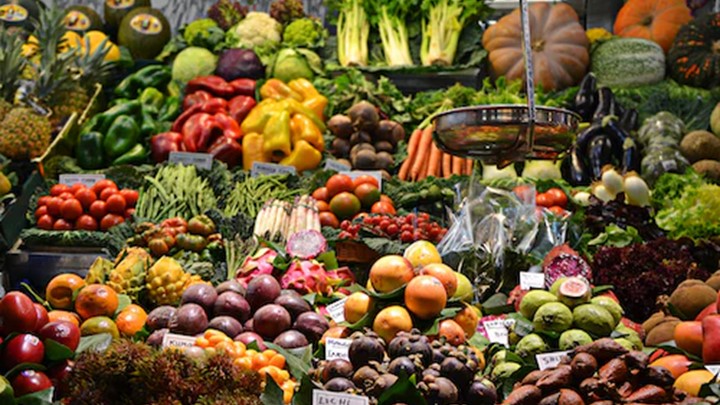The COVID-19 pandemic has forced many people to spend more time at home, which has led to changes in their daily routines and eating habits. With limited access to fresh produce and increased stress levels, it can be challenging to maintain a healthy diet during quarantine.
However, eating a balanced and nutritious diet is crucial for supporting your immune system and overall health. Remember to consult with a healthcare professional before making any significant changes to your diet or lifestyle.
In this article, we will discuss tips for eating healthy during quarantine.
COVID-19 and Nutrition
1. Stock Up on Nutritious Foods
One of the most important steps to eating healthy during quarantine is to stock up on nutritious foods. This includes fresh fruits and vegetables, whole grains, lean proteins, and healthy fats. If you are unable to leave your home, consider ordering groceries online or using a grocery delivery service. When buying canned or frozen foods, look for options with no added sugar or sodium.
2. Plan Your Meals
Planning your meals can help you to make healthier choices and reduce the likelihood of reaching for unhealthy snacks or convenience foods. Take some time each week to plan out your meals and snacks, and make a grocery list based on the ingredients you will need. This can also help to reduce food waste and save money. You can learn more about recovery nutrition.
3. Cook at Home
Cooking at home is not only a great way to control the ingredients in your meals, but it can also be a fun and creative way to pass the time during quarantine. Try new recipes and experiment with different flavors and ingredients. This can also be a great opportunity to involve your family in the cooking process and teach them about healthy eating.
4. Stay Hydrated
Drinking enough water is crucial for maintaining good health and supporting your immune system. Aim to drink at least 8-10 cups of water per day, and avoid sugary drinks and excessive amounts of caffeine, as they can lead to dehydration. If you find it difficult to drink plain water, consider adding fresh fruit or herbs for flavor.
5. Limit Processed Foods and Sugars
Processed foods and foods high in added sugars can contribute to inflammation and weaken your immune system. While it may be tempting to reach for these foods during quarantine, try to limit them as much as possible. Instead, focus on whole foods that are rich in nutrients and fiber.
6. Practice Mindful Eating
During stressful times, it can be easy to fall into the trap of mindless eating. To avoid this, try to practice mindful eating. This means being present and aware of your food, savoring each bite, and paying attention to your body’s hunger and fullness signals. This can help you to make more intentional choices and avoid overeating.
7. Incorporate Immune-Boosting Foods
In addition to eating a balanced and nutritious diet, there are certain foods that can help boost your immune system. These include:
- Citrus fruits, which are rich in vitamin C
- Yogurt, which is a great source of probiotics
- Garlic, which has antibacterial and antiviral properties
- Leafy greens, which are packed with nutrients and antioxidants
- Berries, which are rich in antioxidants
- Ginger, which has anti-inflammatory and antioxidant properties
- Nuts and seeds, which are rich in essential nutrients
- Oily fish, which are rich in omega-3 fatty acids
- Green tea, which is a rich source of antioxidants
In Conclusion
Eating healthy during quarantine is crucial for maintaining good health and supporting your immune system. By stocking up on nutritious foods, planning your meals, cooking at home, staying hydrated, limiting processed foods and sugars, practicing mindful eating, and incorporating immune-boosting foods, you can help to support your overall health and well-being during these challenging times.

